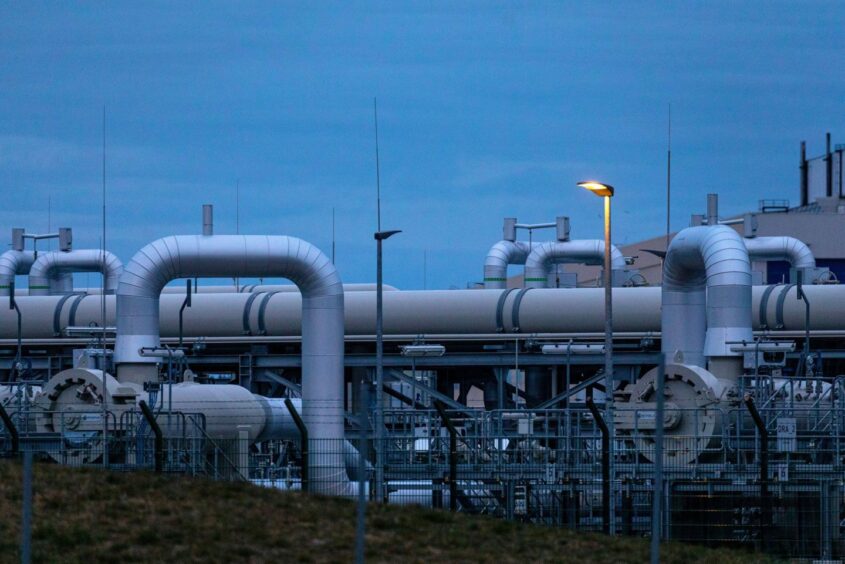
Another FSRU has started up in Germany, at the port of Lubmin, using an FSRU from TotalEnergies.
The French company has reported the start up of the Deutsche Ostsee LNG import terminal. Deutsche ReGas operates the facility, on the Baltic Sea coast.
Chancellor Olaf Scholz is due to open the site officially on January 14.
Deutsche ReGas held an open season in October 2022. Under this, Total contracted 2.6 billion cubic metres per year of capacity at the vessel. It has said it will deliver LNG from its global portfolio to the Lubmin terminal.
Deutsche ReGas said MET Group had also won regasification rights for 1 bcm at the facility. The operator plans to award spare capacity on a short term basis.
Total delivered the Neptune FSRU in December. The vessel can regasify 5 billion cubic metres per year of gas, around 5% of Germany’s demand.
The German operator described this as phase one, suggesting there might be scope for future expansion.
“Europe is facing a historic gas supply crisis caused by the sharp drop in flows from Russia. Since the beginning of this crisis, TotalEnergies has mobilised its LNG portfolio, which is broad and flexible, to send available LNG to Europe and to use its 18 million tonne per year regasification capacity,” said Stéphane Michel, president gas, renewables & power at TotalEnergies.
As a result of the Lubmin terminal starting up, Total will increase its supplies to Europe to more than 20mn tpy. “We are pleased to support this project, which will allow Germany and Europe to further secure gas supply,” said Michel.
The company has a global portfolio of around 40mn tpy.
The Coral Furcata delivered a first test cargo to the Lubmin FSRU on December 30. The Lubmin port provides some challenges in access. This required the operator to reduce the Neptune FSRU’s draft in order to be able to move into position.
Germany’s regulator has noted that Russian gas supplies have fallen to zero by September. While the country reduced consumption by 14% year on year, it also took more supplies from the Netherlands, Belgium, Norway and other countries.
The Bundesnetzagentur reported that the gas supply situation was “less tense” than at the beginning of the winter. “A gas deficit situation this winter is becoming increasingly unlikely,” it said. “However, a worsening of the situation can still not be ruled out. The need to save gas is still important.”
Recommended for you

